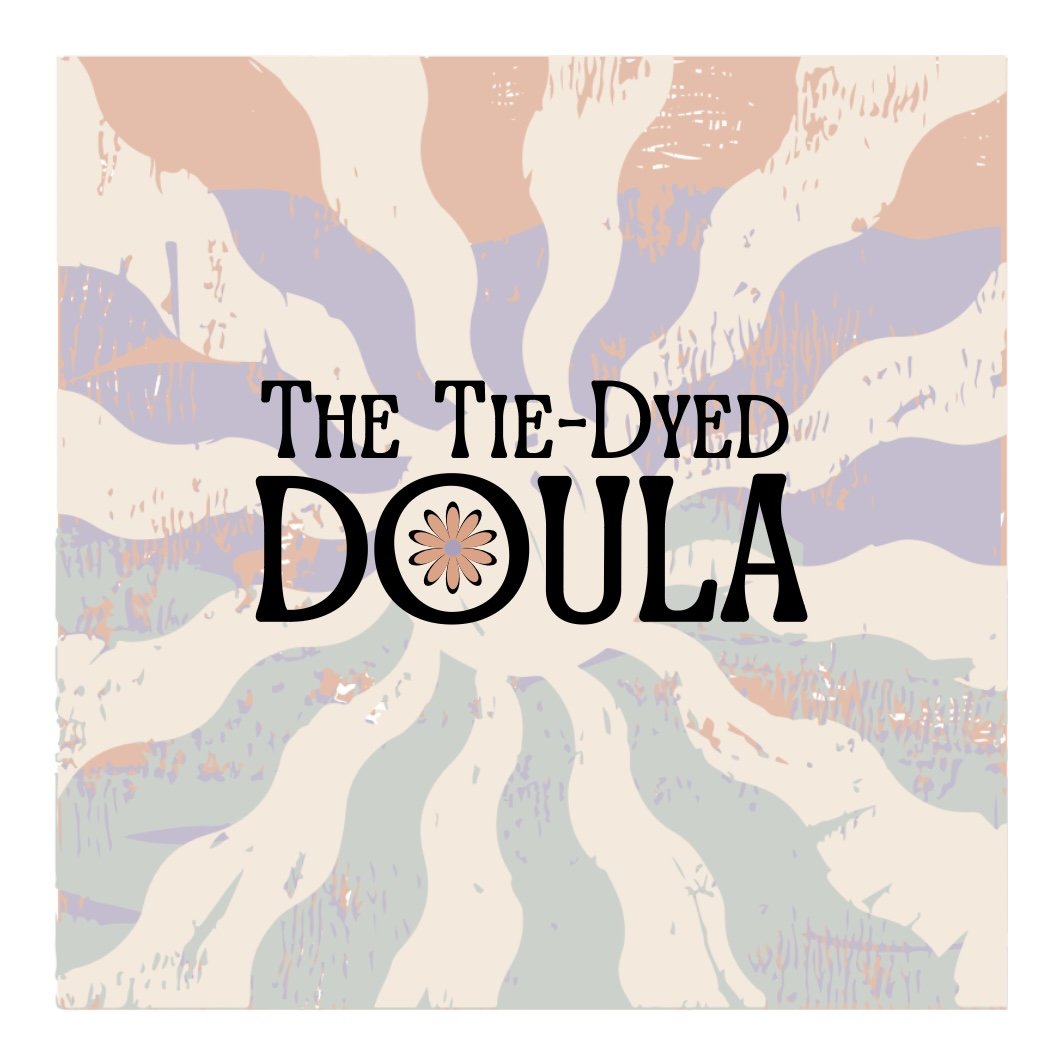Breastmilk & Your Diet
Debunking the myths and old wives tales.
Spicy foods will burn baby’s butt.
Myth. Enjoy your spicy foods. Capsaicin does pass through breastmilk in VERY small amounts. This is not going to have any ill effects on baby.
Here’s where this CAN affect your baby. If your family makes jalapeño poppers for every game day, enjoys spicy chili every weekend, and always orders extra spicy Thai takeout, you should absolutely continue eating that way while breastfeeding. The small amounts of capsaicin in your breastmilk will help to form your child’s future food choices. If you love spicy foods and skip them while breastfeeding, your child may grow to have different food preferences.
Gassy foods make baby gassy.
Myth. Broccoli and cauliflower give me the burps, more so when I eat them raw. Who can relate? This has been studied over and over again and they do not affect baby negatively. Enjoy your cabbage, beans, Brussels sprouts, broccoli, kale, etc. They’re good for you and your baby will also benefit from the nutrients.
You have to pump and dump when drinking alcohol.
Myth-ish. Timing and moderation is key here. Generally, if you are sober enough to drive, you are sober enough to breastfeed. Drinking an alcoholic beverage immediately after your last feeding will also allow time to work in your favor.
Caffeine is off-limits.
Myth. You can have caffiene in moderation while breastfeeding. While it is true that too much caffeine can effect your infant, if you drink caffeine in moderation it shouldn't effect baby.
Babies can’t have allergies before the age of 3.
Myth. Babies can have allergies before the age of 3. The good news? If they do, they will likely outgrow them. When someone has an allergy, their body is triggered by the proteins in foods. These proteins do pass through breastmilk and baby’s body can react to the them. Milk is the most common allergy in breastfed infants. The other good news? These are not typically IgE- mediated allergies, which is why many people call them sensitivities or intolerances. What does that mean? Well, it means that most often these are not the kind of allergies that trigger anaphylaxis, but rather these allergies in the breastfed infant cause gastro and skin issues. And again, the vast majority are outgrown.
Babies need Vit D because they do not get enough from breastmilk.
True. This one is actually true. The American Academy of Pediatrics (AAP) recommends breastfed infants are supplemented with Vitamin D drops. Not a lot of Vitamin D passes through in breastmilk. In fact, a significant amount of the population is deficient in Vitamin D. If you don’t have it, you can’t pass it on.
